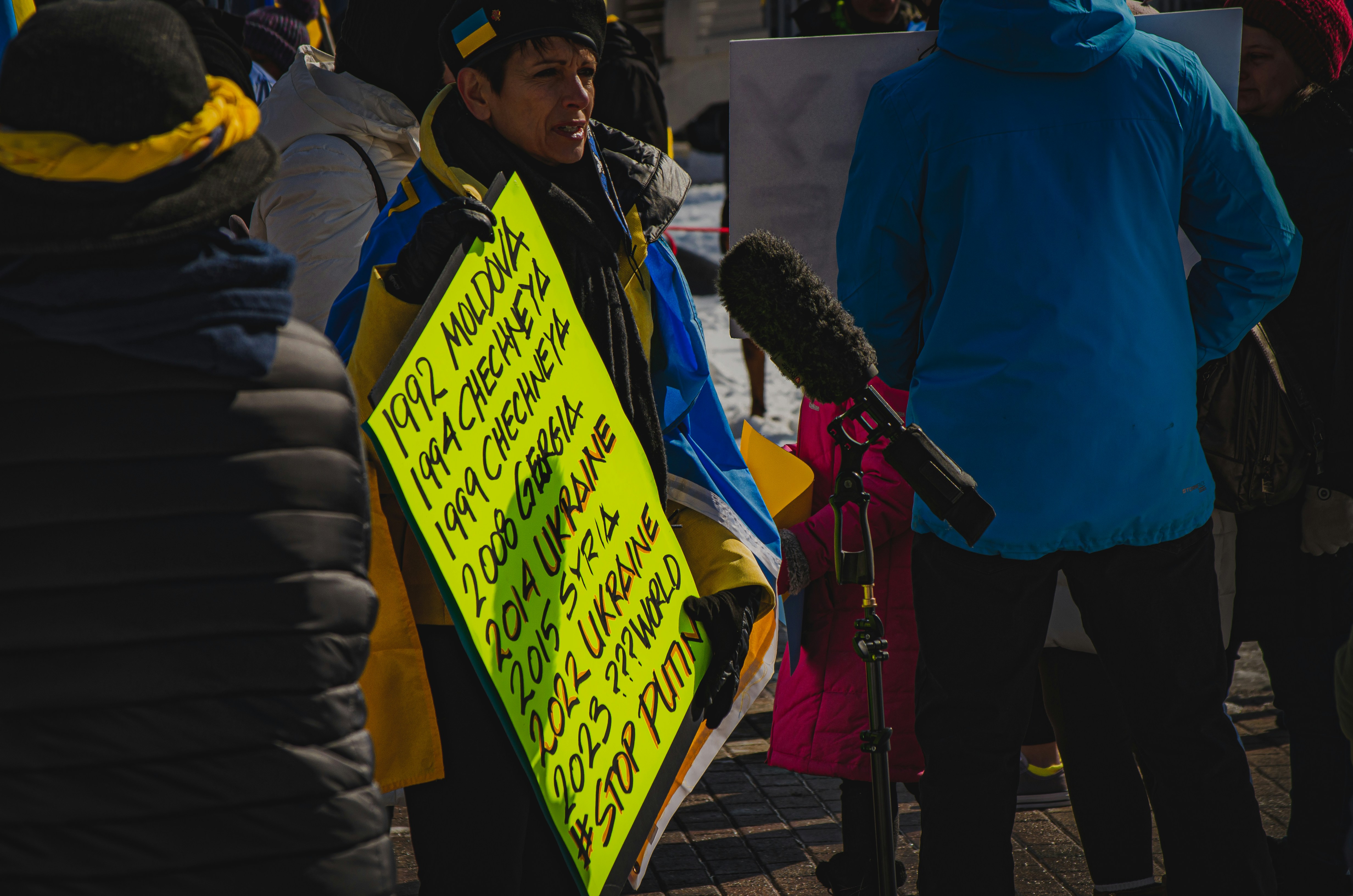
Context of the Meeting
The meeting between former President Donald Trump and Ukrainian President Volodymyr Zelensky in March 2025 emerged from a complex landscape of political and diplomatic developments affecting both nations. The bilateral relationship had been under scrutiny since the events surrounding the 2019 phone call, which had ramifications for U.S.-Ukraine relations, leading to heightened tensions and public discourse about foreign policy and accountability. While each leader faced distinct challenges in their respective countries, mutual interests, especially in defense and economic partnerships, became focal points for this meeting.
By early 2025, the United States had witnessed a politically charged environment, with significant discourse around foreign aid and military support to Ukraine amid a backdrop of ongoing territorial disputes with Russia. The U.S. political climate was shaped by calls for stronger support towards Ukraine, particularly as the conflict in the region continued to evolve. Concurrently, President Zelensky was addressing domestic economic challenges and the necessity of reinforcing national sovereignty against external aggressions. His administration sought to ensure the continuity of crucial Western support, which was vital for Ukraine’s stability and international standing.
Previous interactions between Trump and Zelensky further set the stage for their 2025 meeting. Their first conversation in 2019 sparked controversy and illustrated the delicate balance of power between the nations. In the subsequent years, both leaders have communicated at various international forums, leaving an impression of a relationship fraught with both potential collaboration and significant challenges. The meeting in March 2025 represented an opportunity for both leaders to address crucial topics such as military aid, economic development, and broader implications for international relations in a period marked by geopolitical tensions.
Key Highlights from the Meeting
The meeting between former President Donald Trump and President Volodymyr Zelensky in March 2025 was pivotal, showcasing the priorities of both leaders and framing future relations between the United States and Ukraine. Central to their discussions was the topic of military support, which included a commitment from Trump to bolster Ukraine’s defense capabilities in light of ongoing regional tensions. Zelensky’s emphasis on the urgency of financial and military assistance resonated with the broader context of Ukraine’s fight for sovereignty and democracy.
Another significant topic was the potential for enhanced economic partnerships. The leaders discussed avenues for increased trade and investment, with Trump highlighting the possible benefits for American businesses engaging in Ukrainian markets. Both presidents acknowledged that a robust economic alliance would not only empower Ukraine’s economy but also ensure mutual prosperity and enhanced bilateral ties. This outlook was praised by political analysts, who cited the need for a strategic approach in integrating Ukraine more deeply into global economic frameworks.
Diplomatic strategies also occupied a crucial part of the conversation, with Trump expressing support for Ukraine’s aspirations to join international platforms aimed at fostering security and cooperation. Zelensky articulated the importance of international alliances as essential to reinforcing Ukraine’s position in global politics. The leaders’ dialogue covered multiple facets of evolving diplomatic relations, underscoring a collective commitment to navigating ongoing challenges collaboratively.
Responses following the meeting were indicative of its significance. Political experts noted that the discussions marked a turning point in the U.S.-Ukraine relationship, potentially reshaping the region’s geopolitical landscape. Both leaders emphasized their commitment to working together, underscoring a renewed partnership aligned with shared values of democracy and sovereignty. This meeting is poised to influence both nations’ future dealings in various sectors.
Reactions and Implications
The meeting between Donald Trump and Volodymyr Zelensky in March 2025 elicited a wide spectrum of responses from political figures, media outlets, and the public in both the United States and Ukraine. In the United States, Trump’s supporters lauded the meeting as a critical step toward rejuvenating U.S.-Ukraine relations, emphasizing that it reaffirmed America’s commitment to supporting Ukraine amid ongoing security challenges. Conversely, critics voiced concerns about the implications of the meeting, questioning the sincerity of Trump’s intentions and whether genuine diplomatic progress could emerge from such discussions, given his controversial history with Ukraine.
In Ukraine, Zelensky’s administration stressed the importance of the dialogue, framing the meeting as a foundation for enhanced cooperation in defense, economy, and democracy. Public opinion was divided; while some citizens expressed optimism regarding the potential benefits of a closer alliance with the U.S., others remained skeptical, highlighting the necessity for tangible outcomes rather than mere assurances. The media responses further reflected this division, with various outlets either portraying the meeting as a diplomatic triumph or warning against overreliance on U.S. support.
Beyond immediate reactions, the implications of the Trump-Zelensky meeting could reverberate through future geopolitical dynamics. Analysts suggest that this meeting may shift the landscape of U.S.-Russia relations, particularly in the context of NATO and European security. Strengthening bilateral relations between the U.S. and Ukraine may also prompt a recalibration of Russia’s strategic posture in the region, potentially leading to heightened tensions. Furthermore, this event has the potential to influence public opinion regarding both leaders. Supporters may rally behind Trump as a pragmatic leader reinforcing global alliances, while detractors might question the effectiveness of his strategies in promoting Ukraine’s sovereignty. Ultimately, the long-term outcomes of this meeting remain to be seen, as they will significantly influence future diplomatic endeavors and international relations.
Future Prospects
The March 2025 meeting between Donald Trump and Volodymyr Zelensky has the potential to serve as a pivotal moment in U.S.-Ukraine relations, shaping the diplomatic landscape for years to come. As both leaders navigate their respective political environments, the implications of their discussions could lead to significant policy changes fostering closer bilateral ties. One critical outcome could be a reaffirmation of U.S. support for Ukraine amid its ongoing conflicts and geopolitical challenges. Enhanced military aid or economic incentives may emerge as focal points of a renewed collaboration aimed at strengthening Ukraine’s defenses against external threats.
Furthermore, this meeting is likely to influence upcoming diplomatic engagements, not only between the United States and Ukraine but also with other key international allies. As Trump positions himself for a potential re-entry into U.S. politics, his approach to foreign policy regarding Ukraine could indicate a shift toward a more assertive stance in defense of Ukraine’s sovereignty. This is particularly relevant as the U.S. balances its relationships with other nations, including Russia, which remains a constant concern on the political agenda.
In examining Zelensky’s presidency, this meeting could provide him with a renewed sense of legitimacy and support domestically, which is vital as he faces multiple challenges, including economic recovery and political opposition. The discussions in March may also set the tone for the ongoing collaboration or conflict between the two leaders. Ultimately, the outcomes of Trump’s and Zelensky’s meeting will be indicative of the future trajectory of U.S.-Ukraine relations, either leading to a more cooperative partnership or escalating tensions, depending on the decisions made in the aftermath.
